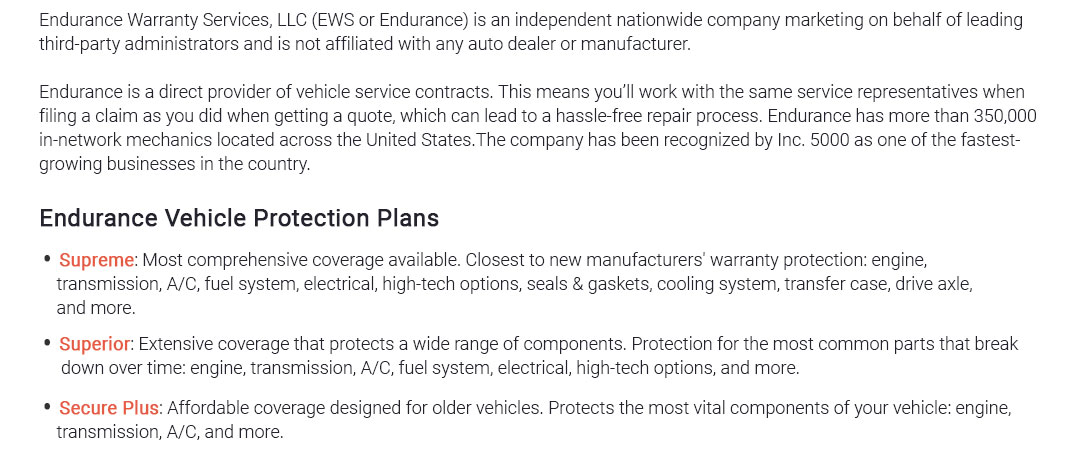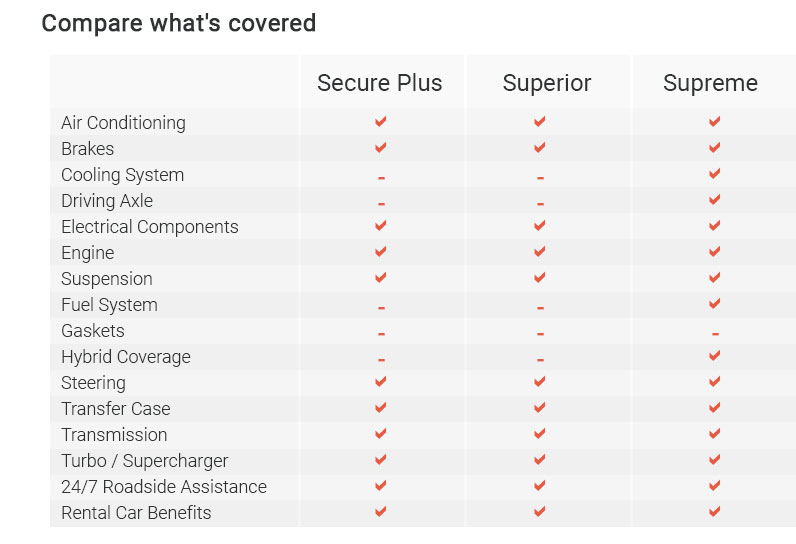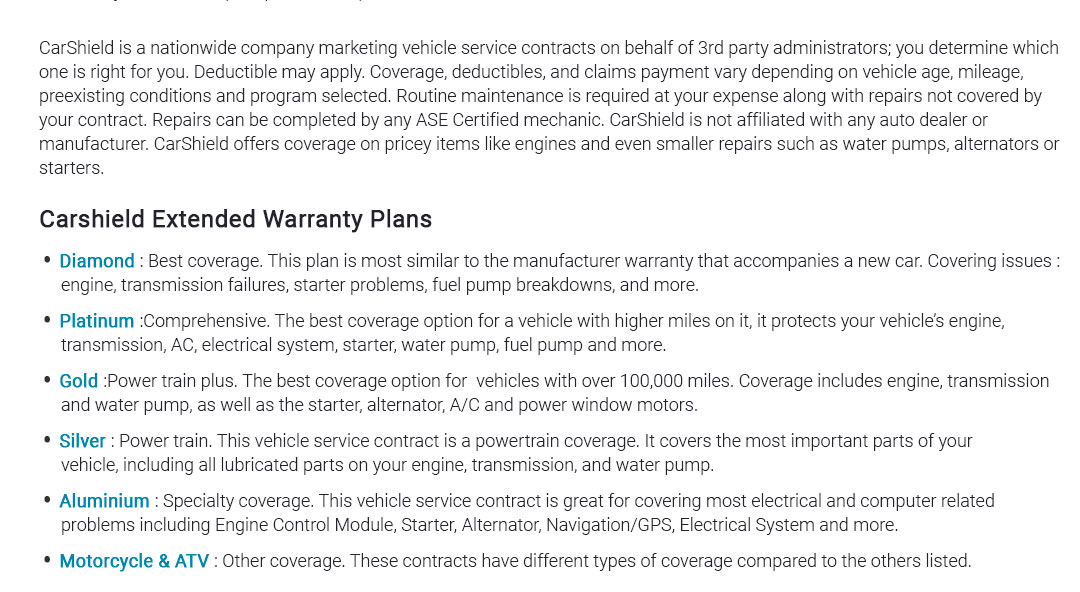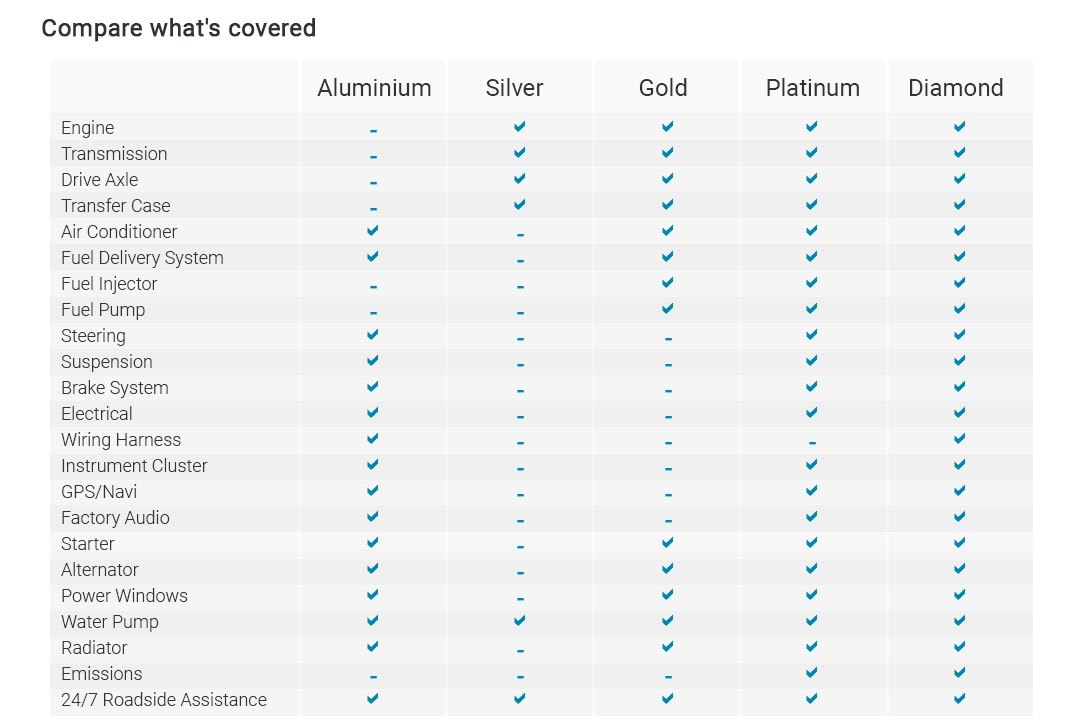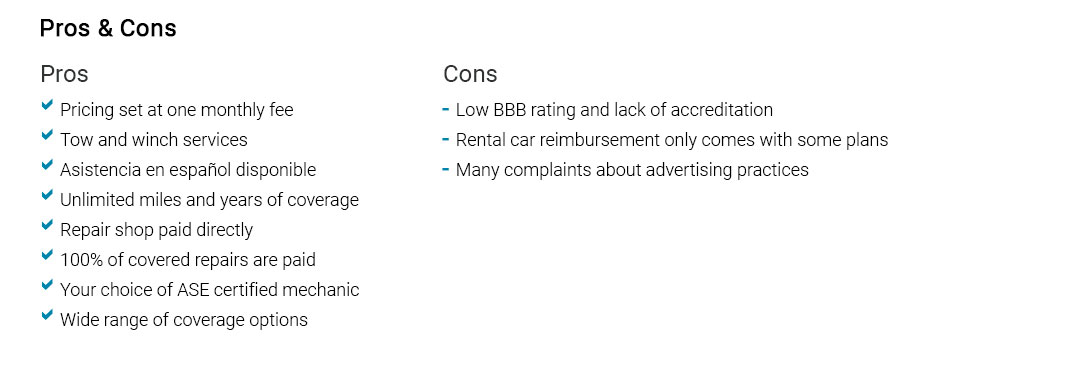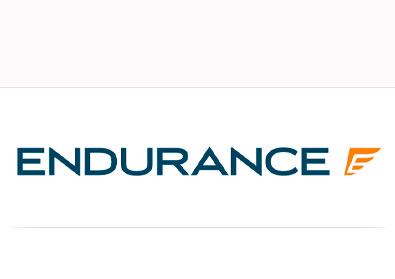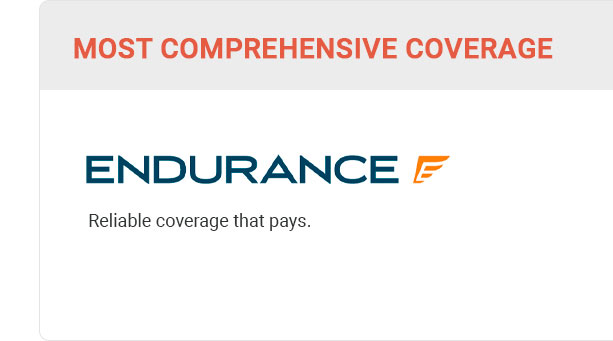auto extended warranty plans explained step by stepScope, limits, and prioritiesAn auto extended warranty is a service contract that can turn surprise repair bills into predictable costs. Plans range from basic powertrain to near-bumper-to-bumper exclusionary coverage. The value case rests on two pillars: savings across your ownership window and priority handling at approved shops. - Powertrain: engine, transmission, drive components; cheapest, widest failures covered.
- Comprehensive/exclusionary: most parts except listed exclusions; higher price, fewer surprises.
- Key variables: deductible per visit, labor-rate caps, coverage limits, waiting periods, transfer and cancellation terms.
How to compare in five steps- Baseline risk: mileage, reliability data, and your annual driving.
- Coverage fit: pick parts most likely to fail for your model; check electronics and ADAS.
- Cost math: total contract + deductibles versus realistic repair scenarios; target net savings not just "peace of mind."
- Provider quality: financial stability, claim ratios, and shop network with priority scheduling.
- Friction test: sample contract, claim steps, and cancellation policy in writing.
Numbers that make it realExample: a 7-year-old crossover needs a transmission valve body ($2,100). A $1,650 plan with a $100 deductible approves next-day work; the shop moves the vehicle into a partner bay with priority authorization, and rental coverage kicks in. Net outlay $1,750 versus $2,100 - modest but tangible savings, plus less downtime during a busy week. Realistic checkDon't double-pay: if factory coverage still applies, time your start date. Maintenance lapses can void claims - keep receipts. Choose a deductible you'll actually pay under stress. If you plan to sell soon, pro-rata refunds mean gains shrink; a repair fund may beat a contract. Quick decision cues- You prize predictable costs and priority repair pathways.
- Your commute is critical and rental coverage prevents income loss.
- Your model has known high-ticket failures. Otherwise, self-insure and reassess annually.

|
|











